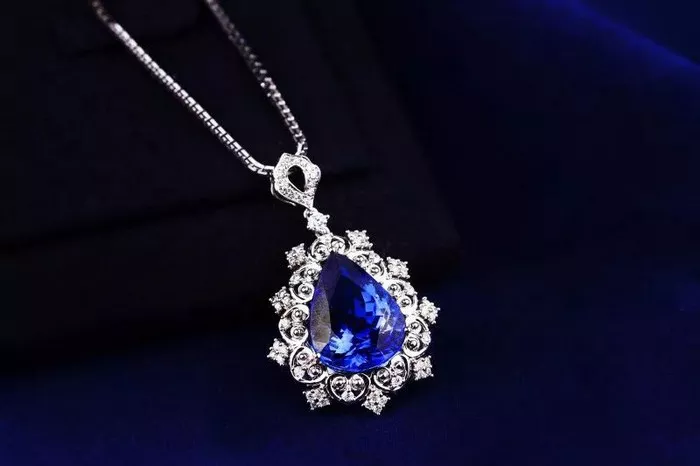Los Angeles, CA—In a dazzling display of nature’s splendor, the Natural History Museum of Los Angeles County is hosting the “100 Carats: Icons of the Gem World” exhibition, showcasing some of the rarest and largest gems from around the globe.
Harking back to a time when precious stones traversed the world with a nonchalant ease, the exhibition recalls the remarkable journey of the famous Jonker diamond in 1934. Originally a colossal 726-carat stone discovered in South Africa, it was shipped via ordinary parcel post to London. The stone, believed to be glass by its discoverer Johannes Jacobus Jonker, sparked immense interest upon arrival, eventually finding its way into the hands of the American “King of Diamonds,” Harry Winston.
Today, the Jonker 1 diamond, cut and polished into thirteen stones, is a centrepiece of the exhibition, taking its place alongside 25 other monumental gems. These breathtaking stones, some exceeding the weight of Jonker 1, captivate with their vibrant colors, from scarlet red tourmaline to the largest electric blue Paraiba ever exhibited. Each gem, a natural marvel from the depths of the Earth, is presented as a testament to the exhibition’s mission: to unveil rare examples of natural color in gems exceeding 100 carats, some unseen for generations.
Dr. Aaron Celestian and Robert Procop of Exceptional Jewels, the exhibition’s co-curators, artfully selected each gem for its rarity and uniqueness. The Crown of Colombia, a 241.04-carat emerald, stands as the largest ever unearthed in the country, with subtle green inclusions revealing its remarkable journey.
Beyond the science of trace elements influencing color, the exhibition becomes an enchanting exploration of inexplicable magic. Gems like the Miracle sapphire, swinging between teal, green, and blue with inner flashes of purple, highlight the wonder of gemology. The Scepter, a 127.30-carat bi-colored sapphire, and the Great White beryl, devoid of any green hint, vie for attention, underscoring the diversity of these precious stones.
As visitors traverse the exhibition, they are invited to marvel not only at the rarity and beauty of these gems but also to reflect on the importance of preserving the environment that births such wonders. These gems, unique to planet Earth, serve as ambassadors for the protection of the environment and the habitats that foster their creation.
While “100 Carats: Icons of the Gem World” dazzles with its spectacular display, co-curator Robert Procop notes the ongoing treasure hunt for a fine quality ruby of over 100 carats, a pursuit that continues to elude even the most dedicated gemologists. The exhibition, a testament to the enduring human fascination with gems spanning over 4,000 years, runs until April 21, 2024, offering a once-in-a-lifetime opportunity to witness these icons of the gem world.


